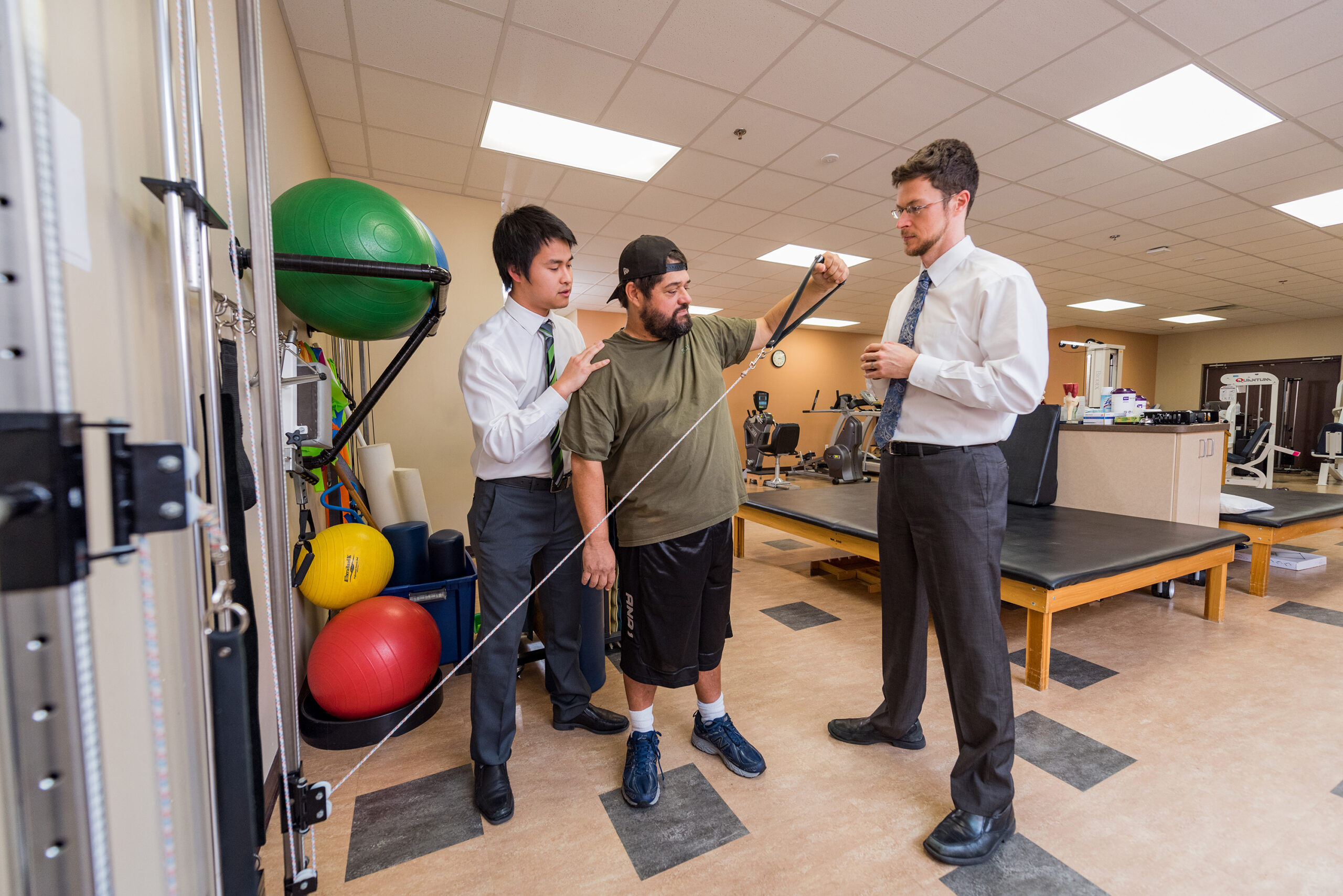Enhancing Rehabilitation Outcomes Via Effective Practical Motion Screening Guidelines
Enhancing Rehabilitation Outcomes Via Effective Practical Motion Screening Guidelines
Blog Article
Functional Mobility Assessment (FMS) is a valuable instrument used to assess an person's movement mechanics. This screening aids identify any deficiencies or imbalances in the musculoskeletal system, which can lead to harm if not addressed. In rehabilitation contexts, FMS can play a critical role in enhancing rehabilitation outcomes. By comprehending how each person navigates, healthcare professionals can design focused rehabilitation plans that focus on enhancing strength, mobility, and overall performance.
One of the key benefits of using FMS in recovery is its ability to identify specific areas that need enhancement. For example, if a patient struggles with squat movements or lunging, it may indicate a deficiency of mobility in their hip joints or ankles. This data allows clinicians to create customized exercise regimens that emphasize addressing these deficits. As a consequence, patients are more likely to regain their strength and ability, which is essential for resuming click here now to daily tasks or sports.
Implementing effective FMS procedures can also assist prevent future harm. Many injuries happen due to poor mobility patterns or excessive use of specific muscle clusters. By screening patients before they start a rehabilitation plan, therapists can detect risks and establish approaches to reduce them. Informing patients about appropriate movement mechanics and enhancing underdeveloped areas can lead to sustained advantages, ensuring that they stay engaged and healthy.
Additionally, the use of FMS can enhance communication between healthcare professionals and clients. When patients witness their mobility patterns evaluated and explained, they gain a clearer comprehension of their recovery journey. This transparency builds confidence and encourages patients to take an engaged role in their recovery. By involving patients in their recovery journey, they are more likely to adhere to prescribed activities and behavioral changes that promote better outcomes.
In summary, enhancing rehabilitation results through efficient functional mobility assessment protocols is crucial for both clients and healthcare providers. By precisely evaluating mobility patterns, therapists can create tailored recovery plans that address specific requirements. This not only aids in rehabilitation but also helps prevent future injuries. As patients become more involved in their rehabilitation More Info journey, they are likely to attain their goals and sustain a fit, active way of living.